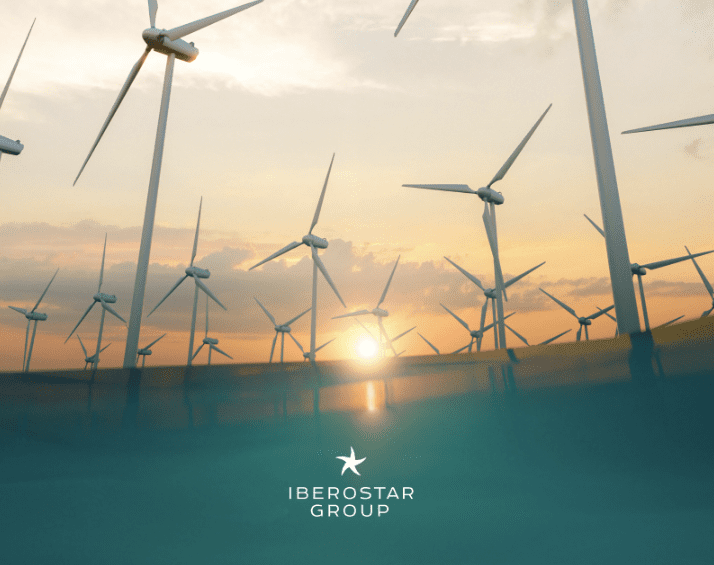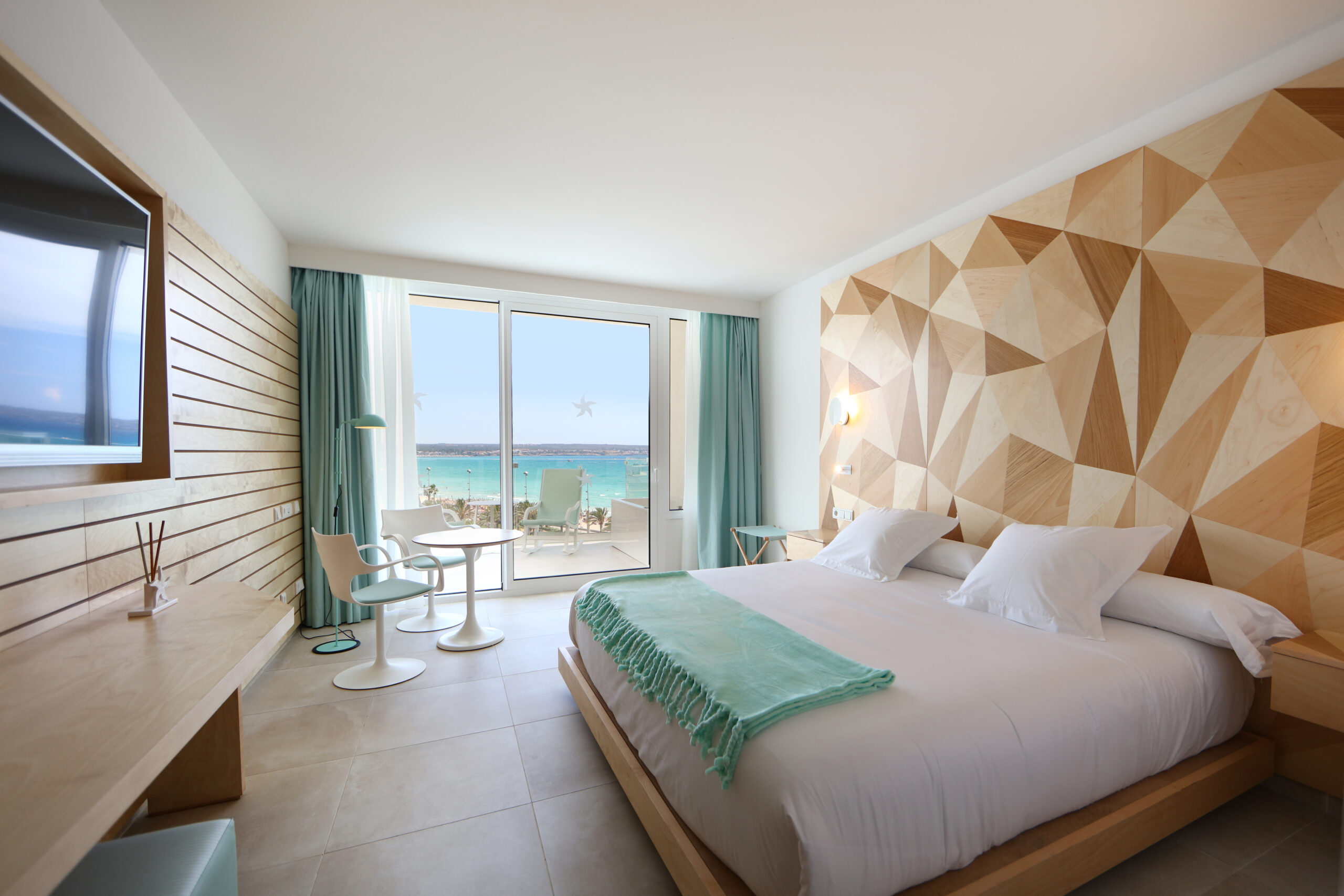As part of our 2030 carbon neutrality goal, we’re proud to commit to reducing its energy consumption per stay by 35% relative to a 2019 baseline by 2030. Still the same great product, but more efficient energy use to achieve it! This is a key step for us to lower our carbon emissions, together with sourcing maximal amounts of renewable energy, and moving towards electric-powered operations over fossil fuel.
For any carbon footprint we still have by 2030 (we include emissions from Scope, 1, 2 and 3 in our corporate offsetting), we will offset at a minimum 75% of our emissions with nature-based solutions in its commitment to coastal health. The remaining 25% will be offset through traditional carbon sequestration credits.
In order to increase our energy efficiency, we have identified four key levers, each with its own annual targets:
- Measurement and audits: It’s here that we will collect all the measurements related to continuous monitoring of the energy consumption of our hotels. To achieve success in any energy-saving project, the first thing you need to do is measure.
- Investments: This target collects all the investments needed to improve energy efficiency in our hotels, from purchasing more efficient cooling equipment to installing energy-saving lamps.
- Review of processes and services: This target deals with the change in how we run our business. We will work on changes in restaurant opening hours, unification of food production centers, analysis of our menu wheels based on the energy consumption of each recipe and more.
- Training for users and technical services: None of the above will work if we do not consider the end-use of energy. Annual objectives will be set to increase the training of our employees and customers in the efficient use of energy.

Beyond energy efficiency: a holistic decarbonization strategy
Within the framework of the essential fight against climate change, we have taken on very ambitious objectives related to decarbonization. 2030 is the date we want to neutralize our emissions, 20 years ahead of the international commitment to curb climate change. Concerning reducing our Scope 1 emissions (direct emissions derived from our direct consumption of diesel or gasoline) and Scope 2 emissions (indirect emissions related to the electricity we consume), we plan to work along three lines of action:
- Removing direct emissions through electrification: Like many businesses, we currently rely on LPG (like propane) and natural gas to power our heaters, kitchens and climate control. Did you know there are options for all of these functions? Thus we plan to remove nearly all of our direct emissions through electrification. This means phasing out propane, diesel and gas to opt for electrified solutions like heat pumps or induction cookstoves.
- Encouraging a renewable energy transformation in our destinations: Our electricity must come from increasing portfolios of renewable energies, which is why we want to negotiate RECs (Renewable Energy Certificates) and PPAs (Power Purchase Agreements) as well as clean energy purchase and sale agreements at our destinations.
- Ensuring efficiency in our operations: One of the easiest ways to reduce our carbon footprint is simply being more efficient in our energy consumption. This is why we’re working to promote energy efficiency measures to ensure that we do not waste energy on unnecessary consumption.
- Decarbonizing our supply chain: A large portion of our emissions come from the goods and services we use as part of our operation. As such, we will be working with our suppliers to ensure that our supply chain is also on this path of decarbonization with us.






